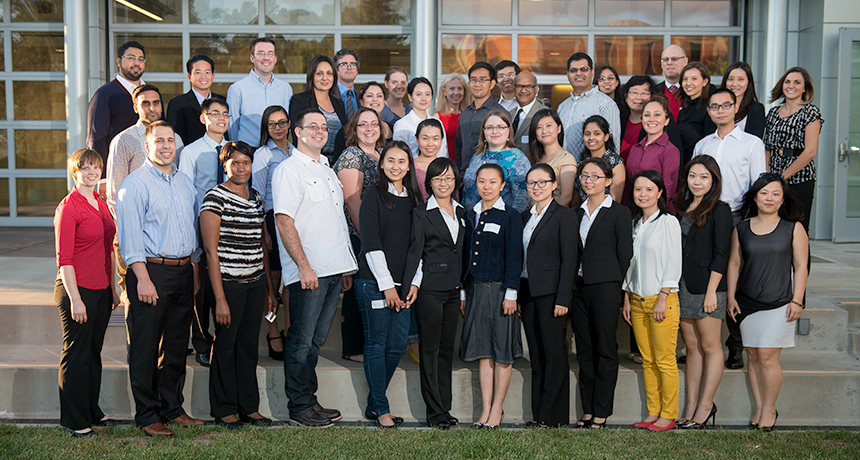Graduate Programs
-
Master of Science in Accountancy
The M.S. in Accountancy Program (MSA) is a cohort-based, 17-month graduate program. Graduates of the program will satisfy the accounting education requirements for the CPA examination and for the 150 semester unit, required for California CPA licensure requirement.
PROGRAM OBJECTIVES:
- Students who graduate will demonstrate knowledge of U.S. and international financial reporting standards and auditing standards for corporate financial reporting and attestation.
- Students who graduate will apply critical thinking and quantitative reasoning to financial reporting and business valuation.
- Students who graduate will illustrate the knowledge of accountants’ professional ethics standards and apply them to business situations.
- Students who graduate will apply written communication skills to create professional accounting reports.
- Students who graduate will apply oral communication skills to deliver a well-organized, informative, and persuasive oral presentation within a professional context.
- Students who graduate will apply professional collaboration and teamwork skills in working with individuals and in groups.
-
Master of Business Administration (MBA) - Finance
The Master of Business Administration (MBA) program offers Finance as one of its concentrations and strives to provide its graduates with positive career outcomes. The program objectives include:
- The M.B.A. will provide students with the knowledge and skills managers need to succeed.
- The M.B.A. will provide students with the opportunity to select an area of specialization.
STUDENT LEARNING OUTCOMES
Students graduating with a Master of Business Administration will be able to:
- Make legal and ethical decisions in organizations and society.
- Develop business strategies that respond to emerging opportunities and challenges in the global environment.
- Apply leadership, teamwork, and communication skills in diverse managerial environments.
- Analyze and integrate information from different functional areas of business in managerial decisions.
- Apply quantitative, analytical, and technological tools for data driven decision making.
